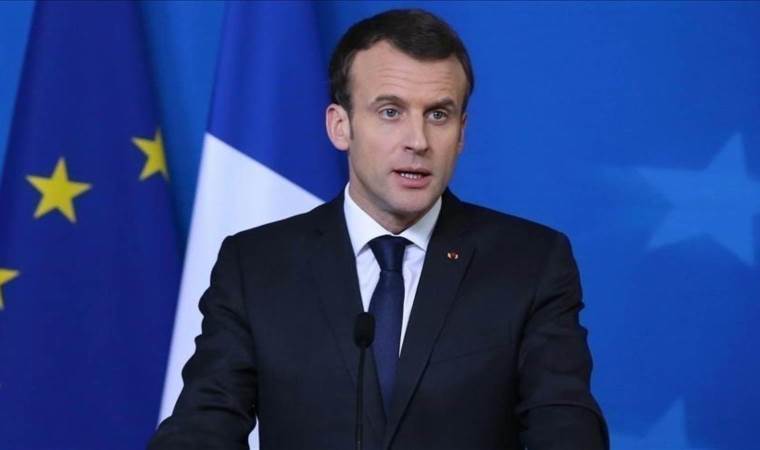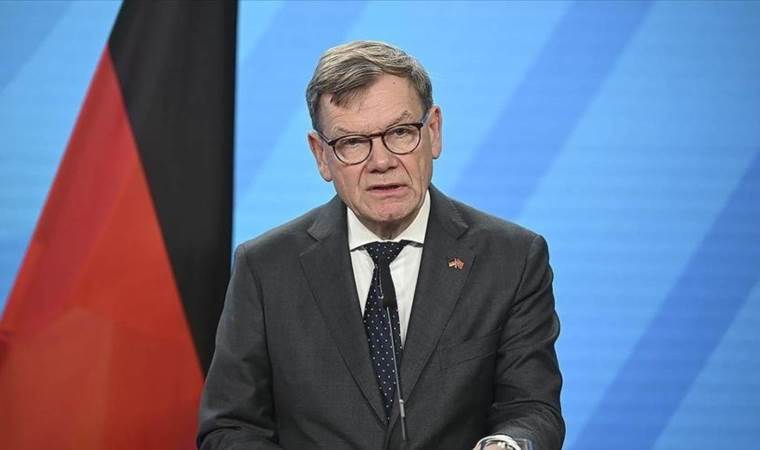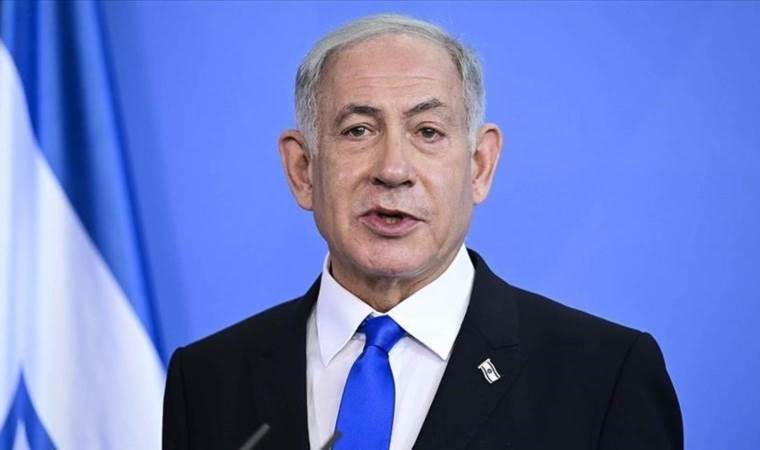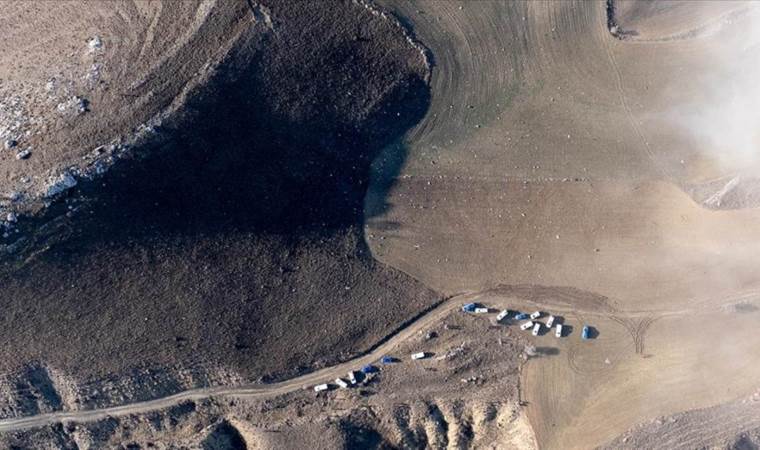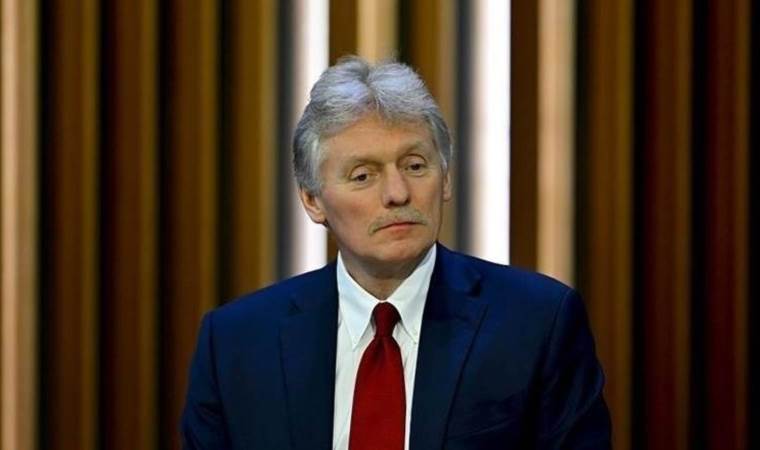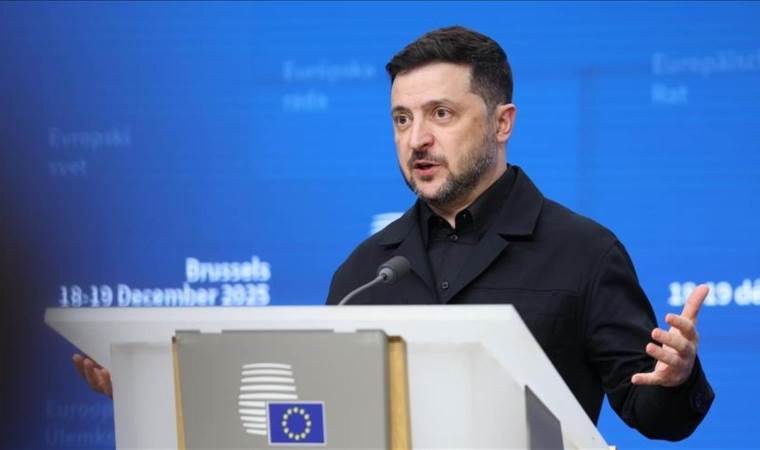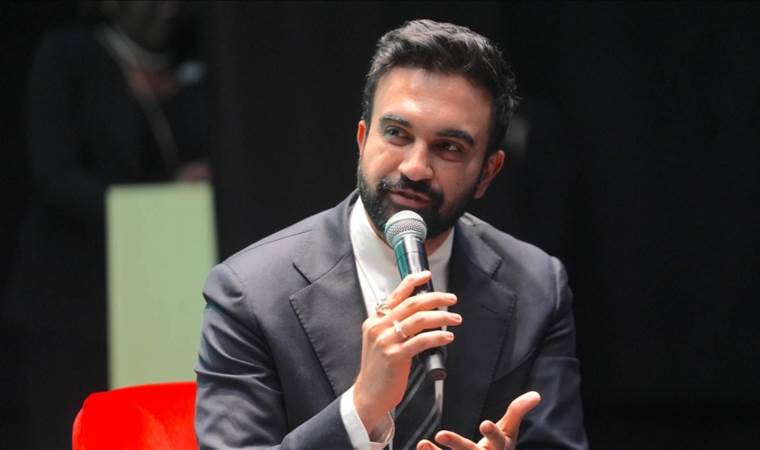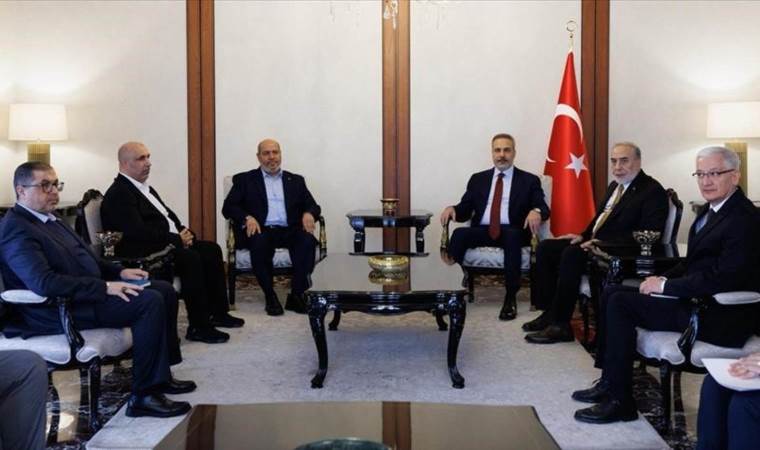Authors Columns of the Day Sport Guest Life All Authors
Peace with Syria!
The new tone is: "We might meet unexpectedly one night!"
The Foreign Minister contributes to this atmosphere by saying, "The spirit of the times calls for peace."
Indeed, the spirit of all times calls for peace. Yet, especially in Turkiye's region, peace is more difficult to achieve than war.
Despite everything, it should be emphasized once again that a meeting between Erdoğan and Assad would benefit Turkiye's internal balance and regional peace. However, just like when Turkiye accepted nearly 300 Syrians who crossed into the country's territory, without considering the implications, from the Yayladağı district of Hatay on April 29, 2011, Turkiye should not take steps in the new era without preparing a solid foundation.
Last week, Assad was in Moscow meeting with Putin. The statement after the meeting indicated that typical regional issues were discussed. Kremlin spokesperson Peskov emphasized that Russia wants the normalization of Turkiye-Syria relations.
We hope this is not correct! The information indicates that Assad does not want to meet with anyone from Turkiye. However, if Putin insists he meets with Turkiye, Assad would certainly comply. It's reported that during the Moscow meeting, Assad assessed Turkey's role:
"Turkiye is a significant factor in Syria's current situation. Many of the forces that ruined my country still live in Turkiye or are supported by Turkiye. At this stage, I am not inclined to meet with any leader from this country."
This definition seemingly includes not only Erdoğan but also Özel. Once again, let's hope this information is not correct.
This was the reason for my evaluation at the beginning of this article that if a peace process with Syria is to be established, it must be based on a solid foundation. Even Turkiye's project to build brick houses in northern Syria, which Turkiye believes is in favour of the Syrian government and Syrians, is viewed differently from Damascus! From their perspective, Turkiye is acting outside UN regulations on Syrian territory.
Last week, there was not only the Russia-Syria dialogue but also the US-Israel and China-Palestine dialogues.
Netanyahu spoke in the US Congress, receiving multiple rounds of applause and a standing ovation.
Simultaneously, representatives of Hamas and Fatah met in Beijing. In the statement after the meeting hosted by China, it was announced that the 17-year division between Hamas and Fatah had ended, and a joint government would be established.
Netanyahu's speech in the US Congress received significant backlash in Turkiye, leading to a demand: Turkiye should invite Palestinian President Mahmoud Abbas to speak in the Parliament!
Erdoğan responded to this demand with a grievance: "Mahmoud Abbas rejected our offer!"
We have learned a significant aspect of how far Turkiye's foreign policy has come from Erdoğan's words(!)
Turkiye was once a country that could talk to everyone, including warring parties in the region. This unique position allowed Turkiye to facilitate exchanges. Such as during the eight-year Iran-Iraq war, when Turkiye was the only regional country that could communicate with both Tehran and Baghdad, helping to exchange prisoners and severely wounded individuals.
Now, not only is Turkiye unable to talk to all parties, but also started taking sides even within countries.
Here's the current picture!
The results of foreign policy do not appear overnight.
Yazarın Son Yazıları All Columns
Günün Köşe Yazıları
Most Read News
-
 'Intimidation and coercion': France condemns US visa res
'Intimidation and coercion': France condemns US visa res
-
 Germany slams US ban on German non-profit group supporti
Germany slams US ban on German non-profit group supporti
-
 Israeli premier asks aides to prepare for possible Kness
Israeli premier asks aides to prepare for possible Kness
-
 Libyan military delegation examining wreckage of crashed
Libyan military delegation examining wreckage of crashed
-
 Russia says will formulate position on US peace plan in
Russia says will formulate position on US peace plan in
-
 Security guarantees, EU entry: Zelenskyy presents Ukrain
Security guarantees, EU entry: Zelenskyy presents Ukrain
-
 New York will fight Islamophobia, racism against Palesti
New York will fight Islamophobia, racism against Palesti
-
 Turkish foreign minister meets Hamas delegation in Ankar
Turkish foreign minister meets Hamas delegation in Ankar

